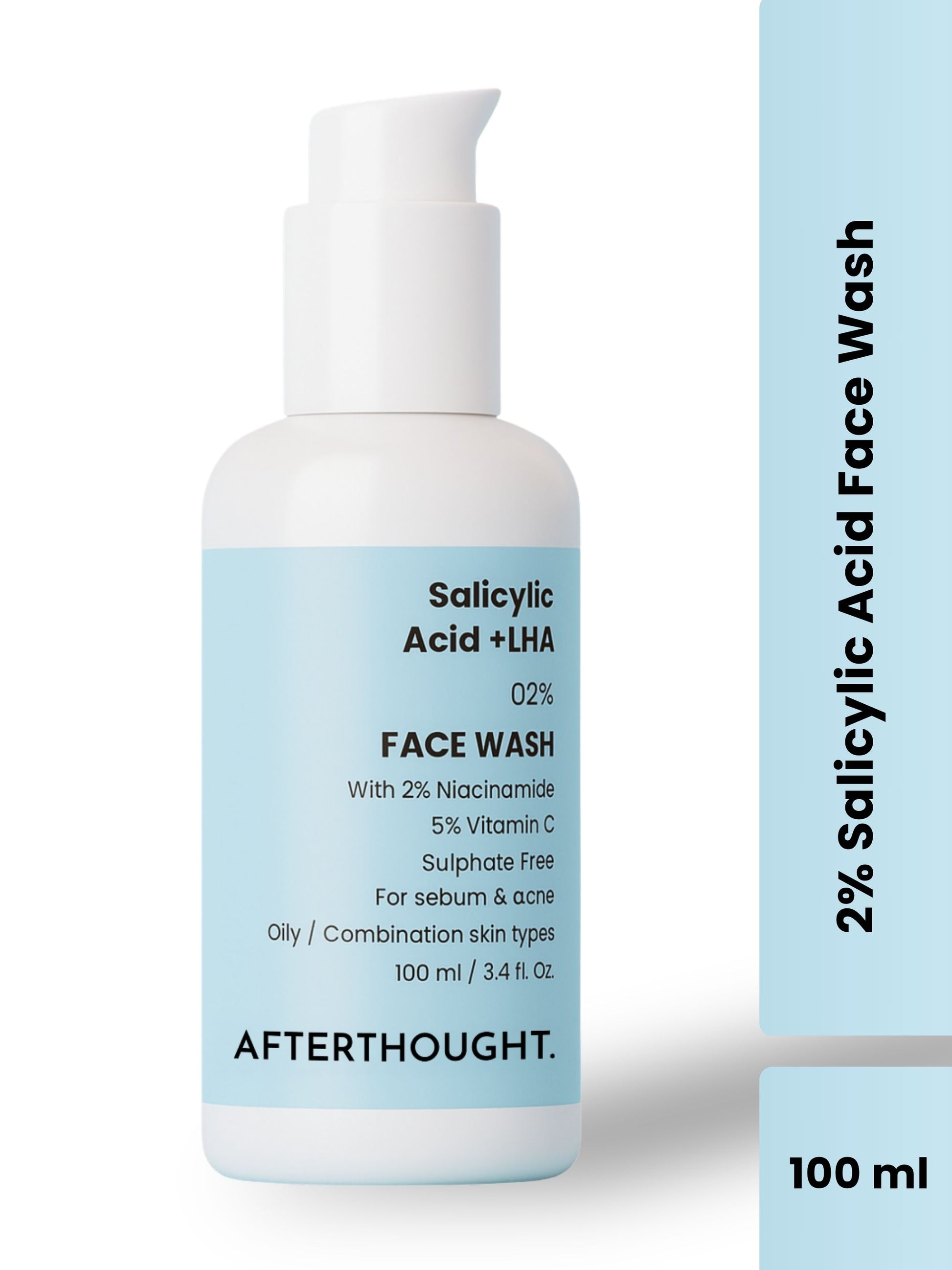Which Face Mask Is Best For Skin Whitening?
In the quest for radiant and luminous skin, many turn to face masks as a go-to solution for skin whitening. The right face mask can help brighten your complexion, reduce dark spots, and even out your skin tone.
But with so many options available, it can be challenging to determine which one is best suited for your skin. This comprehensive guide will walk you through the key ingredients and types of face masks that are most effective for skin whitening, helping you make an informed choice.
Understanding Skin Whitening
Before diving into the best face masks, it’s essential to understand what skin whitening truly means.
Skin whitening refers to the process of reducing hyperpigmentation, dark spots, and uneven skin tone, leading to a brighter and more even complexion.
This process is often confused with skin lightening or bleaching, but the focus here is on achieving a natural glow rather than drastically altering one’s skin tone.
Key Ingredients for Skin Whitening
When selecting a face mask for skin whitening, the ingredients are crucial. Here are some of the most effective ingredients to look for:
Vitamin C
Vitamin C is a powerful antioxidant that helps to brighten the skin by reducing the production of melanin, the pigment responsible for dark spots and uneven skin tone. It also protects the skin from environmental damage and boosts collagen production, leading to a more youthful appearance.
Niacinamide
Niacinamide, also known as Vitamin B3, is another excellent ingredient for skin whitening. It works by inhibiting the transfer of melanin to the skin’s surface, which helps in reducing hyperpigmentation and improving skin tone. Niacinamide also has anti-inflammatory properties, making it suitable for sensitive skin.
Kojic Acid
Kojic acid is derived from fungi and is known for its skin-whitening properties. It inhibits the enzyme tyrosinase, which plays a crucial role in melanin production. Regular use of kojic acid can help lighten dark spots and improve the overall brightness of the skin.
Licorice Extract
Licorice extract is a natural ingredient known for its skin-brightening properties. It contains glabridin, a compound that inhibits the enzyme responsible for melanin production. Licorice extract also has anti-inflammatory benefits, making it a gentle option for those with sensitive skin.
Alpha Arbutin
Alpha arbutin is a naturally occurring compound found in certain plants. It works by inhibiting tyrosinase activity, reducing melanin production, and helping to fade dark spots and hyperpigmentation. It is considered one of the safest and most effective ingredients for skin whitening.
Types of Face Masks for Skin Whitening
Now that you’re familiar with the key ingredients, let’s explore the different types of face masks that can help you achieve a brighter complexion:
Sheet Masks
Sheet masks are thin, fabric-like masks soaked in a serum containing skin-brightening ingredients. They are convenient and provide an instant boost of hydration and radiance. Look for sheet masks infused with Vitamin C, niacinamide, or licorice extract for optimal results.
Clay Masks
Clay masks are excellent for detoxifying the skin and absorbing excess oil. When combined with skin-whitening ingredients like kojic acid or alpha arbutin, they can help brighten the skin while drawing out impurities. Clay masks are particularly beneficial for oily and acne-prone skin.
Gel Masks
Gel masks are lightweight and hydrating, making them ideal for those with dry or sensitive skin. These masks often contain soothing ingredients like aloe vera and cucumber, along with skin-brightening agents like Vitamin C and niacinamide. Gel masks provide a cooling effect while helping to improve skin tone.
Exfoliating Masks
Exfoliating masks contain gentle acids like glycolic acid or lactic acid that help remove dead skin cells and reveal a brighter complexion. These masks also allow skin-brightening ingredients to penetrate more effectively. However, they should be used sparingly, especially if you have sensitive skin.
Cream Masks
Cream masks are rich and nourishing, making them suitable for dry and mature skin types. These masks often contain a combination of skin-brightening ingredients and moisturizers, providing both hydration and radiance. Cream masks can be left on the skin overnight for an intensive treatment.
How to Use Face Masks for Optimal Results
To achieve the best results from your face mask, follow these tips:
Cleanse Your Skin
Start with a clean canvas by washing your face with a gentle cleanser. This removes dirt, oil, and makeup, allowing the mask’s ingredients to penetrate more effectively.
Steam Your Face
Steaming your face before applying a mask can help open up your pores, allowing the ingredients to absorb better. You can do this by leaning over a bowl of hot water with a towel draped over your head for 5-10 minutes.
Apply the Mask Evenly
Use a brush or your fingers to apply the mask evenly across your face, avoiding the eye area. Make sure to follow the instructions on the packaging, as some masks are meant to be left on for a specific amount of time.
Relax and Let It Work
Take this time to relax and let the mask work its magic. Most masks require 10-20 minutes to fully absorb into the skin. Use this time to unwind, listen to music, or meditate.
Rinse Off and Moisturize
After the recommended time, rinse off the mask with lukewarm water and pat your skin dry with a soft towel. Follow up with a moisturizer to lock in hydration and keep your skin soft and supple.
Conclusion
Choosing the right face mask for skin whitening can be a game-changer in your skincare routine. By focusing on masks that contain effective ingredients like Vitamin C, niacinamide, kojic acid, licorice extract, and alpha arbutin, you can achieve a brighter, more even complexion.
Remember to consider your skin type and the specific benefits of each type of mask, and always follow a consistent skincare routine to maintain the results. With the right approach, you can reveal a naturally radiant glow that enhances your beauty from within.
Also Read: Which Face Mask Is Best For Pimples?









